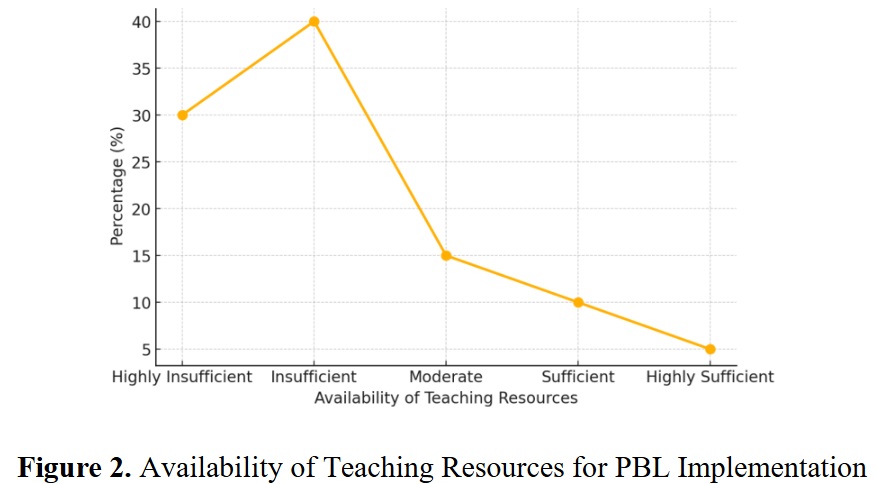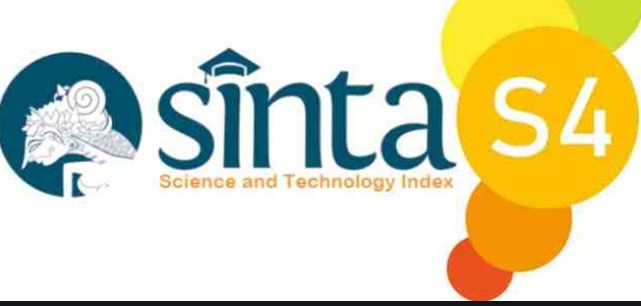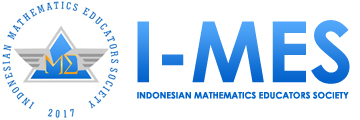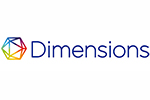PROBLEM-BASED LEARNING IN MATHEMATICS EDUCATION: ANALYSIS OF TEACHERS’ CHALLENGES AND IMPLEMENTATION SOLUTIONS
DOI:
https://doi.org/10.36706/jls.v6i2.102Keywords:
: Problem-Based Learning, mathematics education, teacher challenges, implementation solutionsAbstract
Problem-Based Learning (PBL) is recognized as an effective approach in mathematics education, enhancing students’ problem-solving, critical thinking, and higher-order thinking skills. However, the implementation of PBL in classrooms often faces various challenges encountered by teachers. This study aims to analyze the difficulties faced by teachers in implementing PBL in mathematics education and propose solutions to improve its effectiveness. Data were collected through questionnaires distributed to high school mathematics teachers, followed by in-depth interviews. The findings reveal that the main challenges include time constraints, student readiness, lack of resources, and insufficient teacher training. This study provides practical recommendations to address these challenges, thereby enhancing the effectiveness of PBL in mathematics education.
Downloads
References
Barrows, H.S. (1986). A taxonomy of problem‐based learning methods. Medical Education, 20.
Creswell, J. W. (2018). Research design: Qualitative, quantitative, and mixed methods approaches (5th ed.). SAGE Publications.
Firdaus, Aulia & Asikin, Mohammad & Waluya, Budi & Zaenuri, Zaenuri. (2021). Problem Based Learning (PBL) Untuk Meningkatkan Kemampuan Matematika Siswa. QALAMUNA: Jurnal Pendidikan, Sosial, dan Agama. 13. 187-200. 10.37680/qalamuna.v13i2.871.
Hmelo-Silver, C. E. (2004). Problem-Based Learning: What and How Do Students Learn? Educational Psychology Review, 16(3), 235–266. https://doi.org/10.1023/B:EDPR.0000034022.16470.f3
Hung, Woei. (2016). All PBL starts here: The problem. Interdisciplinary Journal of Problem-Based Learning. 10. 10.7771/1541-5015.1604.
Nurhalita, N., Meryansumayeka, M., Scristia, S., & Yusup, M. (2024). Student’s Collaboration and Creative Mathematical Thinking Skills in Problem-Based Learning Using Numeracy Problems. Jurnal Didaktik Matematika.
Putri, Adellia Hasanah & Pendidikan, Putri & Bangunan, Vokasional. (2020). Artikel Review Model Pembelajaran Pbl (Problem Based Learning).
Scristia, et al. (2024). Development of an interactive e-module based on problem-based learning in mathematics education. Jurnal Gantang, 9(2):229-242
Vygotsky, L. S. (1978). Mind in society: The development of higher psychological processes. Harvard University Press.

Downloads
Published
How to Cite
Issue
Section
Citation Check
License
Copyright (c) 2025 Meilida Eka Sari, Ermalinda, Nur Handayani, Arni Mabruria

This work is licensed under a Creative Commons Attribution 4.0 International License.











